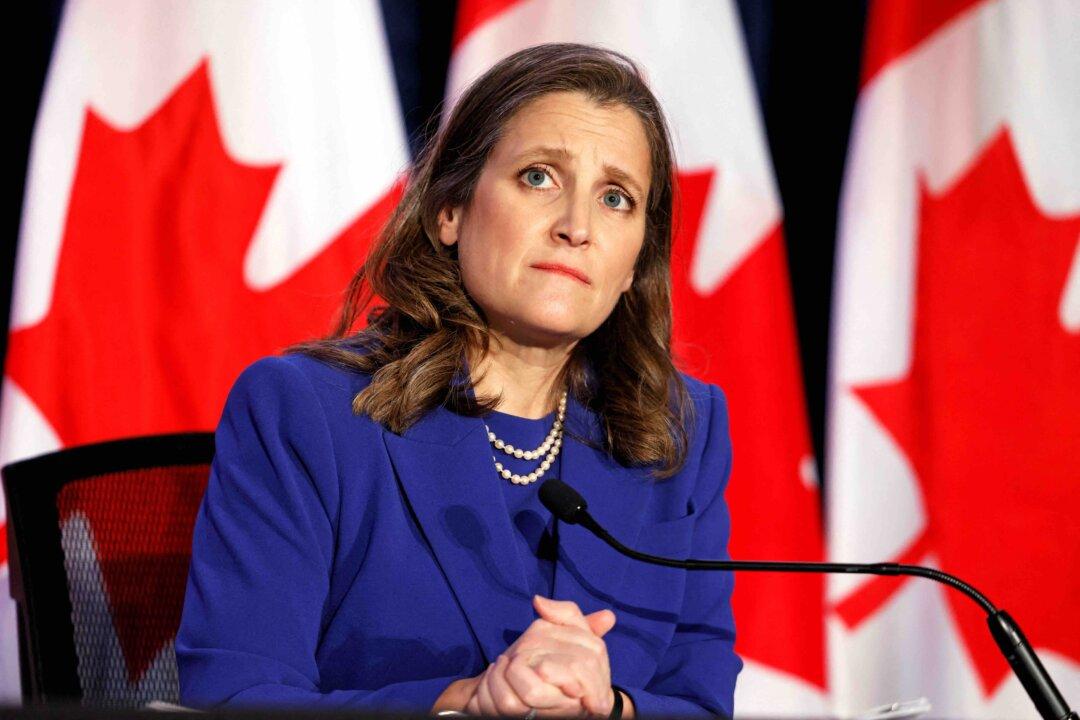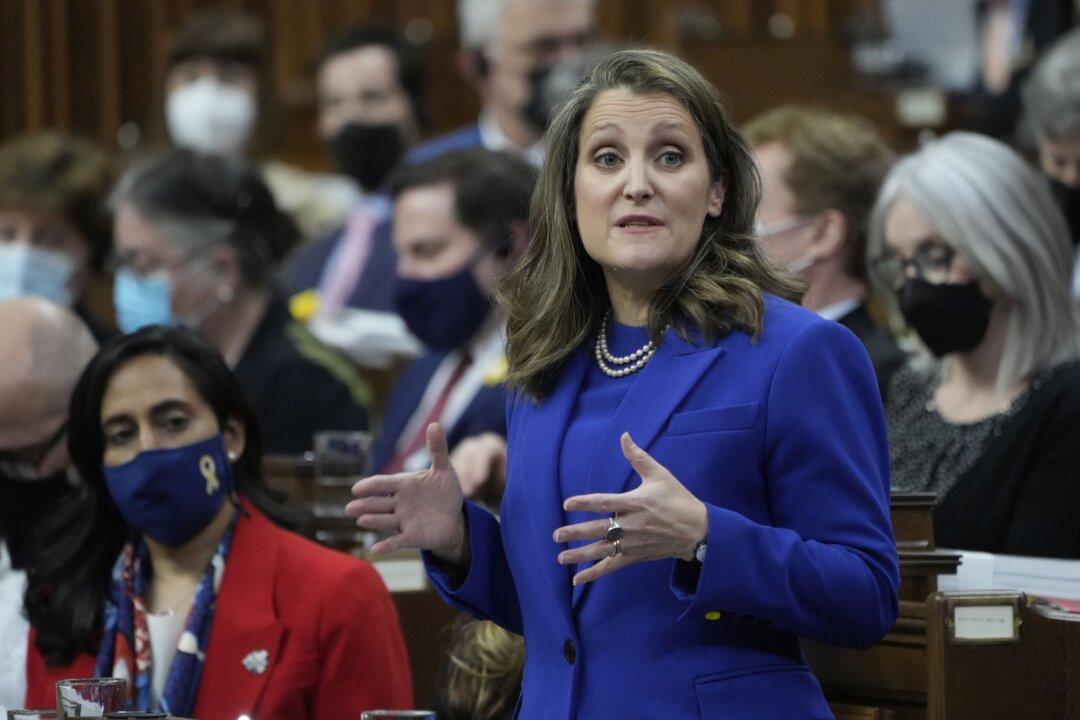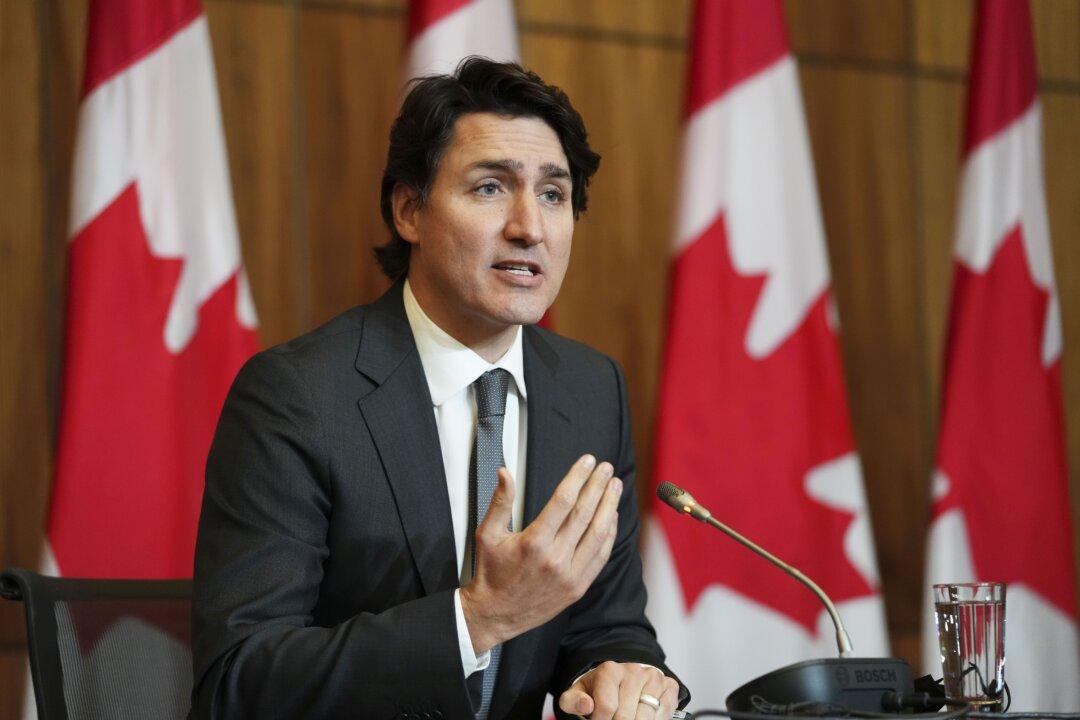Commentary
On Nov. 28, the House of Commons passed legislation (tabled by the Trudeau government) that would temporarily suspend the federal Goods and Services Tax (GST) on select items from Dec. 14 to Feb. 15 at an estimated cost of $1.6 billion, as part of the government’s “more money in your pocket” plan. The legislation now goes to the Senate for approval.






